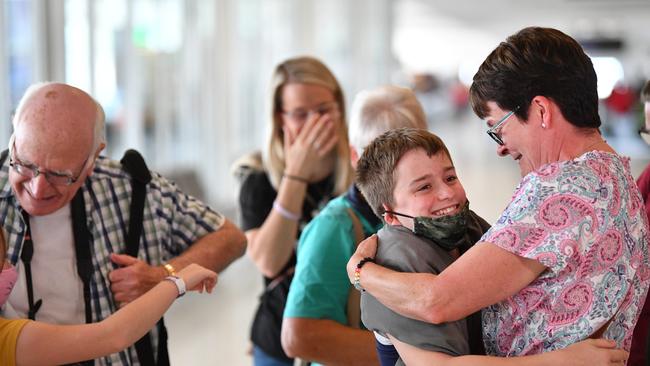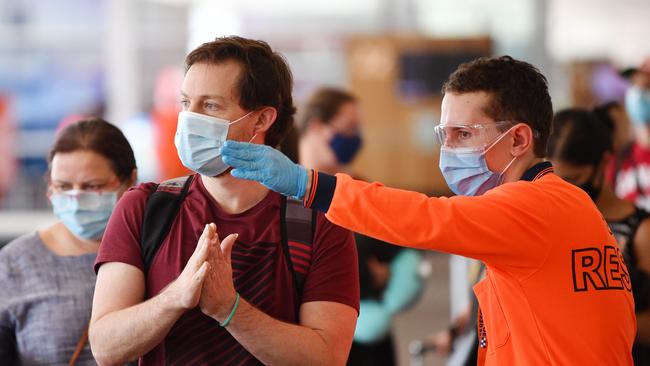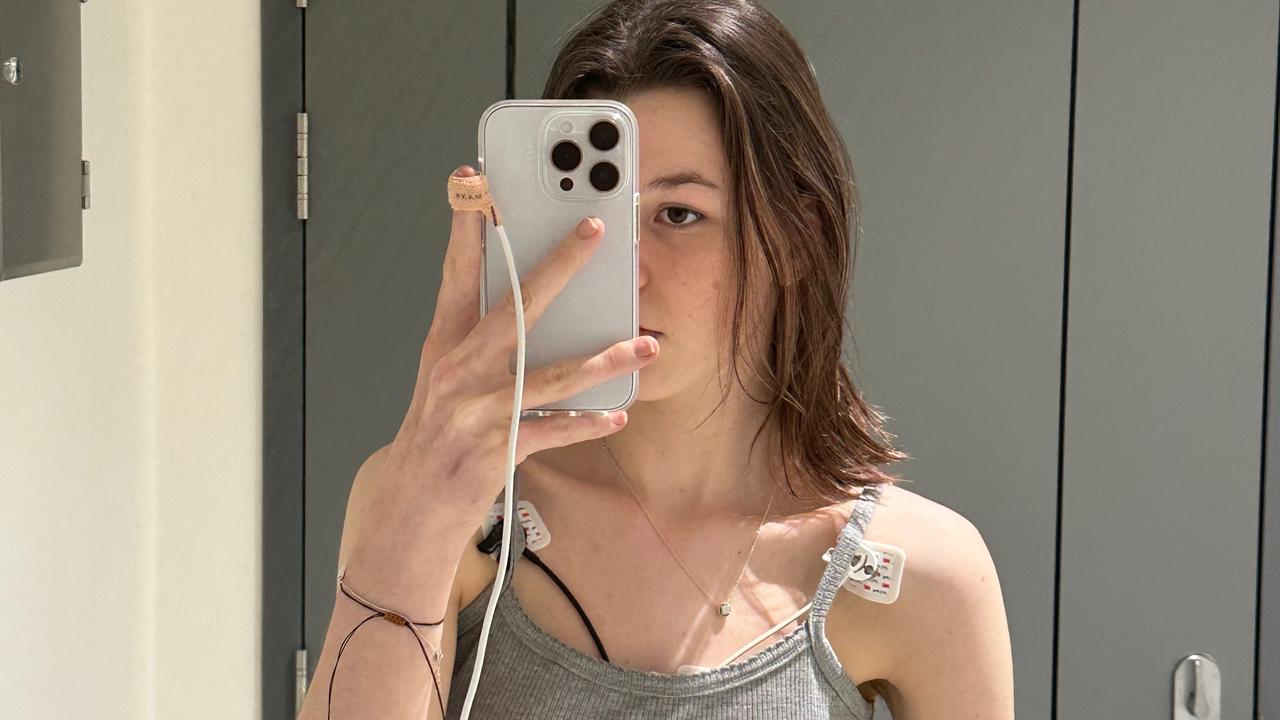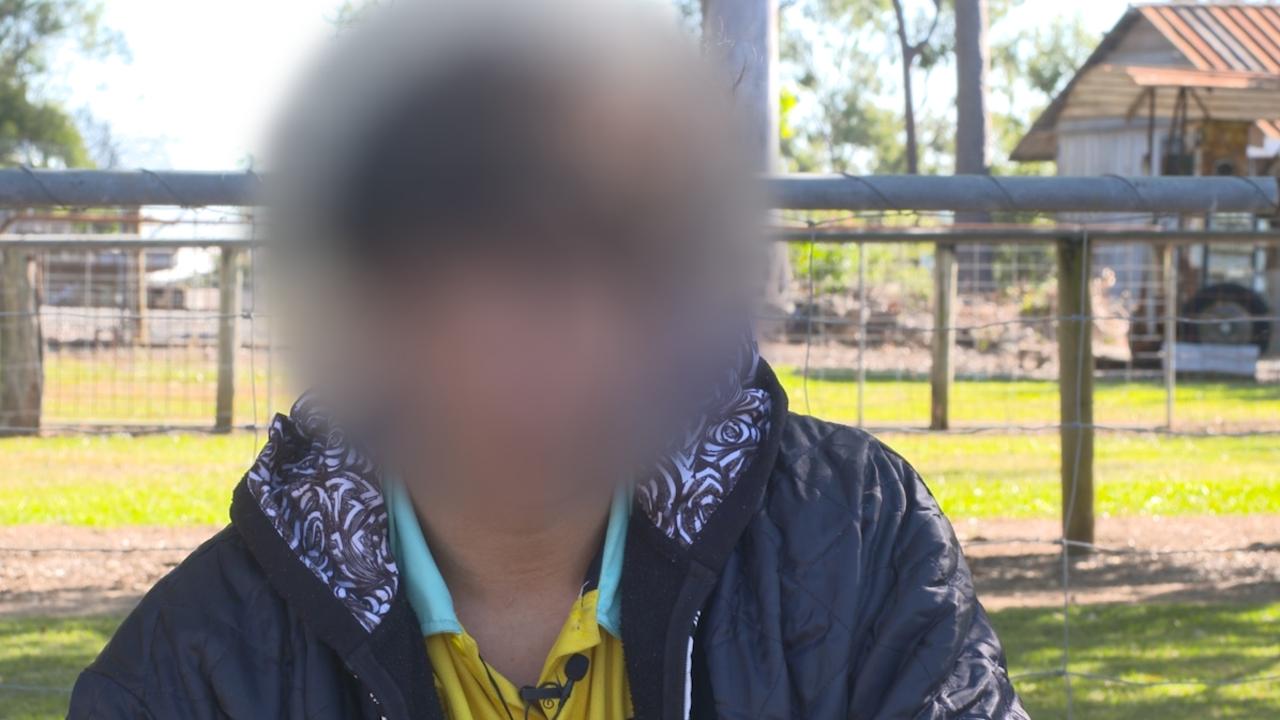SA orders immediate quarantine for hotspot visitors but border with NSW to stay open for now
SA remains open to visitors from NSW as Sydney’s coronavirus cluster continues to spread – but some travellers must immediately go into quarantine.
Coronavirus
Don't miss out on the headlines from Coronavirus. Followed categories will be added to My News.
South Australia’s border with New South Wales remains open despite a new surge in cases linked to the cluster on Sydney’s northern beaches.
Police Commissioner Grant Stevens convened a meeting on Saturday morning of key decision-makers including chief public health officer Professor Nicola Spurrier, who briefed the meeting on the latest health advice concerning the Sydney cluster.
No new cases have been detected in SA.
“There’s no change to the current situation in SA with respect to New South Wales – we are continuing to monitor,” said Mr Stevens after the meeting.
On Saturday, NSW Premier Gladys Berejiklian pleaded with other states not to close their borders as 23 more cases were announced. There are now 38 cases linked to the northern beaches cluster.
Travellers entering South Australia from a range of NSW coronavirus hotspots have been told to quarantine but state borders remain open.
Anyone who has visited “high community transmission zones” in Sydney’s Northern Beaches Council area stretching from Manly to Palm Beach, as well as lower north shore harbourside suburb Lavender Bay and Penrith in the western suburbs, since last Friday must immediately quarantine for a fortnight, SA Health says.
They must also take a COVID-19 test before having further checks on days five and 12 of their 14 days in quarantine.
Australia’s acting chief medical officer hopes states and territories will have a “proportionate” response to their borders with NSW as a Sydney COVID-19 cluster grows.
“They are the elected governments of those states and they need to make the decisions about safety for their own states by themselves. I would hope they will make that a proportionate thing in the lead-up to Christmas,” said Dr Paul Kelly.
In a desperate bid to stop Sydney’s cluster spreading across the border, SA Health contact tracers scrambled to track almost 4000 visitors from NSW in the past week.
While SA authorities downplayed any imminent new restrictions, Mr Stevens warned families to have “flexible” travel plans if the Sydney cluster continues to grow in the next 48 hours.
It remains unclear how many were in isolation but contact tracers had, as of Friday night, sent at least 3900 urgent messages after checking flight manifestos and travel form data.


On Friday, Mr Stevens said he had spoken to his NSW counterpart Mick Fuller and had a “strong sense that they are moving aggressively to quarantine this cluster, and get on top of it”.
“I describe myself as a pragmatic optimist,” he said.
“So I am looking forward to Christmas. I’m planning for Christmas at home with my family, and I think other people should be doing the same thing. But as we’ve said right through this, this is a pandemic, it is unpredictable, we have an obligation to make hard decisions and we’ll do that if we need to.
“But I’m hopeful that we can continue through the Christmas period and I have to take those steps.”
Acting on advice from Professor Spurrier, Mr Stevens imposed new measures on Friday.
After a series of urgent briefings, Mr Stevens ordered anyone who had visited the “high-risk” Avalon RSL or local bowling club at certain times since Friday last week to immediately quarantine in a medi-hotel or be refused SA entry. Online cross-border travel applications forms were relaunched but border checkpoints will not be reinstated.
Mr Stevens recently announced free travel for the first time in more than nine months. A “significant” police presence remains at airports.
“We are asking people on that application process to disclose whether they have been in the Northern Beaches local government area since the 11th December,” said Mr Stevens, the state COVID co-ordinator.
“We are treating (it) as a high community transmission zone and we are managing those people who have been in that location in the critical time as they move into SA.”
Professor Spurrier said she was monitoring the “unfortunate” outbreak “very closely” but was pleased it had been identified early and localised. She is not urging new bans at present.
“Obviously we’ve got Christmas coming up and I know that families are wanting to travel to see each other,” she said.
“We’re concerned about somebody that might have been exposed and is developing the disease (in SA).”
Premier Steven Marshall said the government would impose further restrictions if it escalated.



